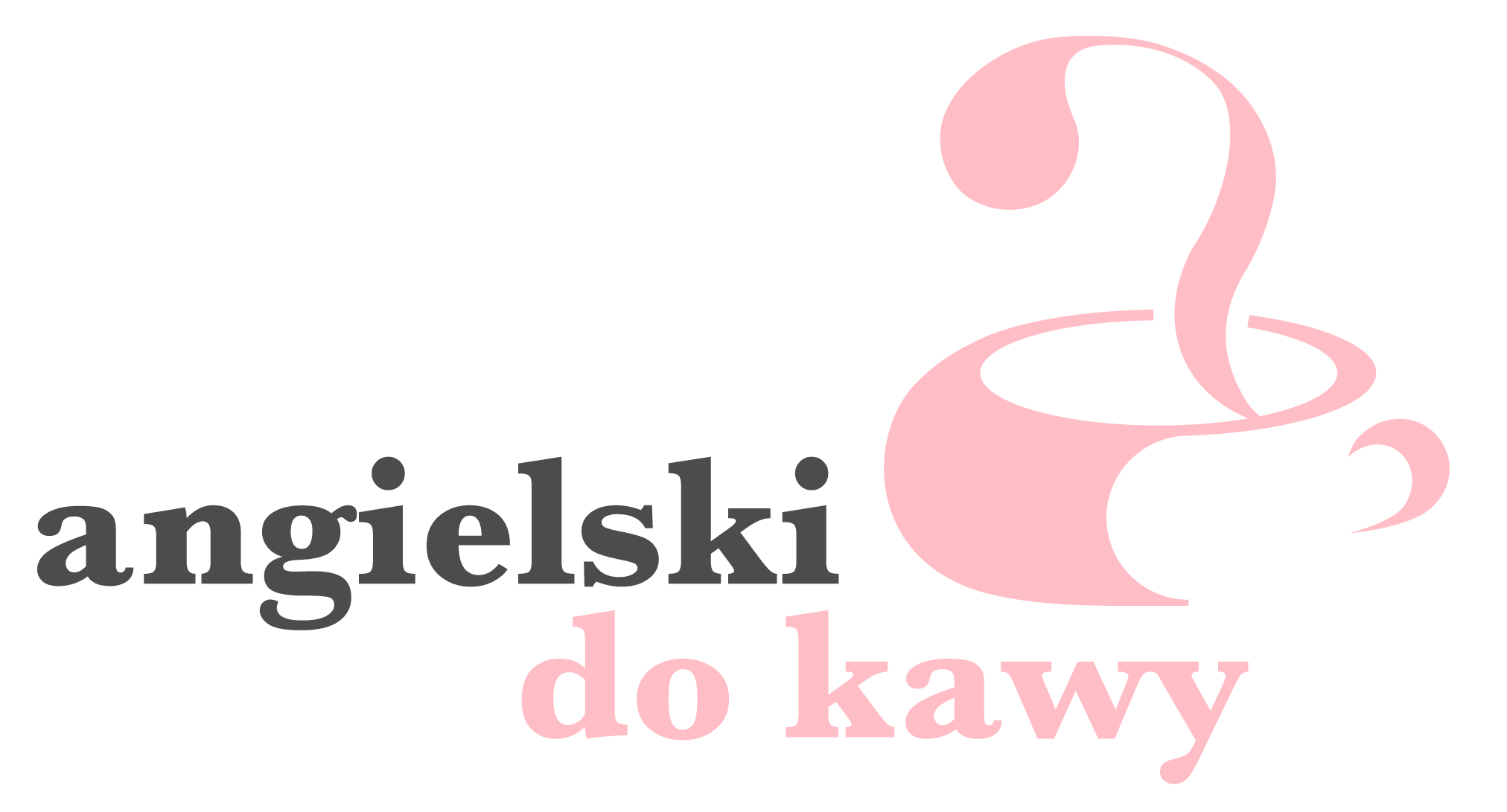Transcript of my podcast episode (1)
UWAGA! 15 grudnia odcinki ENGSPRESSO zniknęły ze Spotify i nigdy więcej nie wrócą!
Jeśli chcesz zatrzymać je u siebie na zawsze wraz z dodatkowymi materiałami, sprawdź produkt poniżej 👇🏻
⏰MEGA pakiet ENGSPRESSO — tylko do końca stycznia 2026 (potem znika na zawsze)!
To jedyna taka okazja, żeby zatrzymać pakiet ENGSPRESSO i podnieść swój poziom angielskiego w wygodny, praktyczny i motywujący sposób. Ten pakiet to właściwie gotowy plan nauki na 50 tygodni, czyli praktycznie cały rok!
Cena 249 zł obowiązuje tylko do końca grudnia 2025. Od 1 stycznia 2026 cena pakietu wzrośnie do 279 zł.
*****
Hello and welcome to my first episode of the new series that I’ve called ENGSPRESSO. ENGSPRESSO comes from the combination of the words English and Espresso. As you can hear, the name of my new series of episodes is related to English and coffee – just like the name Angielski do kawy, which is the name of my podcast and business online.
So how did I come up with the idea for ENGSPRESSO? Well, when I lived in Italy, I found out how most busy Italians like to have their coffee early in the morning. They just go to a local coffee shop – usually in a hurry – to have a cup of espresso (you know, the coffee essence, a shot of espresso just to wake up). It gives them some energy for the first part of the day. Now, I know that most of you have a hectic schedule and you don’t have too much time to learn English. So here, I just want to give you your weekly shot of English, your ENGSPRESSO so that you can learn something new on the fly (e.g. when commuting to work) and in that way become a more confident English speaker with more energy to keep on learning English! Because there’s nothing more motivating than your own progress! Does that make sense?
So these episodes will be short and sweet – they will teach you some useful phrases, some functional English thanks to which you’ll spread your wings. In every episode, we’ll focus on two expressions in different contexts. I will always translate new phrases for you into Polish and give you some time to repeat them in English after me. I hope that in this way, you’ll improve or brush up on your English skills faster and of course – with pleasure! Let’s get started!
The first expression for today is TO DO SB A FAVOUR. When you do somebody a favour, you do something kind for them, usually something that they’ve asked you for.
For instance: Could you do me a favour and pick up the parcel from the parcel locker? Now, repeat after me.
The translation is: Czy mógłbyś wyświadczyć mi przysługę i odebrać paczkę z paczkomatu?
Another example: I did her a favour and she didn’t even thank me for that!
Zrobiłem jej przysługę i nawet mi za to nie podziękowała!
Now I’d like to teach you the second phrase.
The second expression is TO RUN ERRANDS. When you run errands, you go out to buy or do something, e.g. to pick up a parcel, send a letter, do some grocery shopping etc.
For instance: When he was a child, he ran errands for his grandma.
Kiedy był dzieckiem, załatwiał sprawy dla swojej babci.
Another example: I’ve been running errands all day – I’m exhausted!
Cały dzień załatwiam sprawy – jestem wyczerpana!
So now, as you’ve learned both phrases, let’s wrap it up. I would like us to hear these two expressions in one sentence. Practically, we could say that this one sentence can be your ENGSPRESSO to go!
Our context for the phrases is:
I don’t like when other people do me favours, so I always run my errands by myself.
Nie lubię, kiedy inni ludzie wyświadczają mi przysługi, więc zawsze sama załatwiam moje sprawy.
Brilliant! You’ve just learned, or perhaps revised, two English phrases. That means you did something to improve your English skills. Well done! Now, I encourage you to make your own sentence with these two expressions and write it down. In that way, you will remember the phrases even better.
I really hope that you enjoyed this short lesson. You will find the transcript of this episode directly on my website or at the link in the description of the episode.
I’ll do my best to deliver ENGSPRESSO episodes regularly. In the meantime, you can also find a lot of useful English phrases in my e-books and online courses that you can get in my virtual shop.
Thanks for listening and talk to you soon!
And if you’d like to thank me for the materials I create for you, you can buy me a cup of coffee. It will keep me going 😉
Wyświetlanie 10–18 z 21 wynikówPosortowane według najnowszych
-
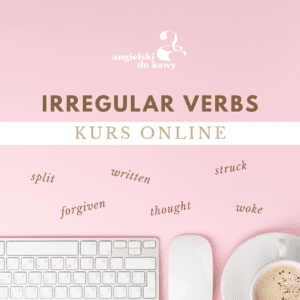
IRREGULAR VERBS (Past Simple & Present Perfect) – kurs online A2-B1
45,00zł Dodaj do koszyka -
Promocja!
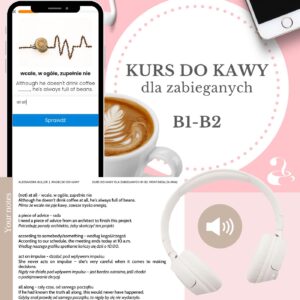
Zestaw kursów do kawy (B1-B2): kurs audio „Powtarzaj za mną!” + kurs fiszkowy
Pierwotna cena wynosiła: 100,00zł.89,00złAktualna cena wynosi: 89,00zł. Dodaj do koszyka -

KURS DO KAWY (B1-B2): Powtarzaj za mną! – kurs audio
45,00zł Dodaj do koszyka -

ENGSPRESSO workbook 1 – e-book
55,00zł Dowiedz się więcej -

Lekcja próbna
165,00zł Dodaj do koszyka -
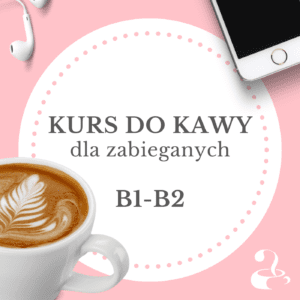
PONAD 200 PRAKTYCZNYCH WYRAŻEŃ B1-B2 – kurs online
55,00zł Dodaj do koszyka -
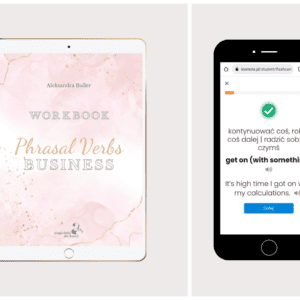
PHRASAL VERBS BUSINESS – PAKIET e-book + kurs online
75,00zł Dodaj do koszyka -

PHRASAL VERBS BUSINESS – kurs online
45,00zł Dodaj do koszyka -
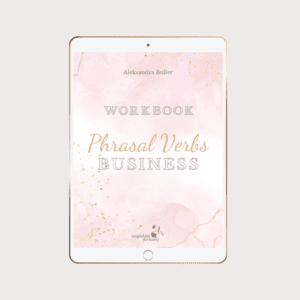
PHRASAL VERBS BUSINESS – e-book
65,00zł Dodaj do koszyka
